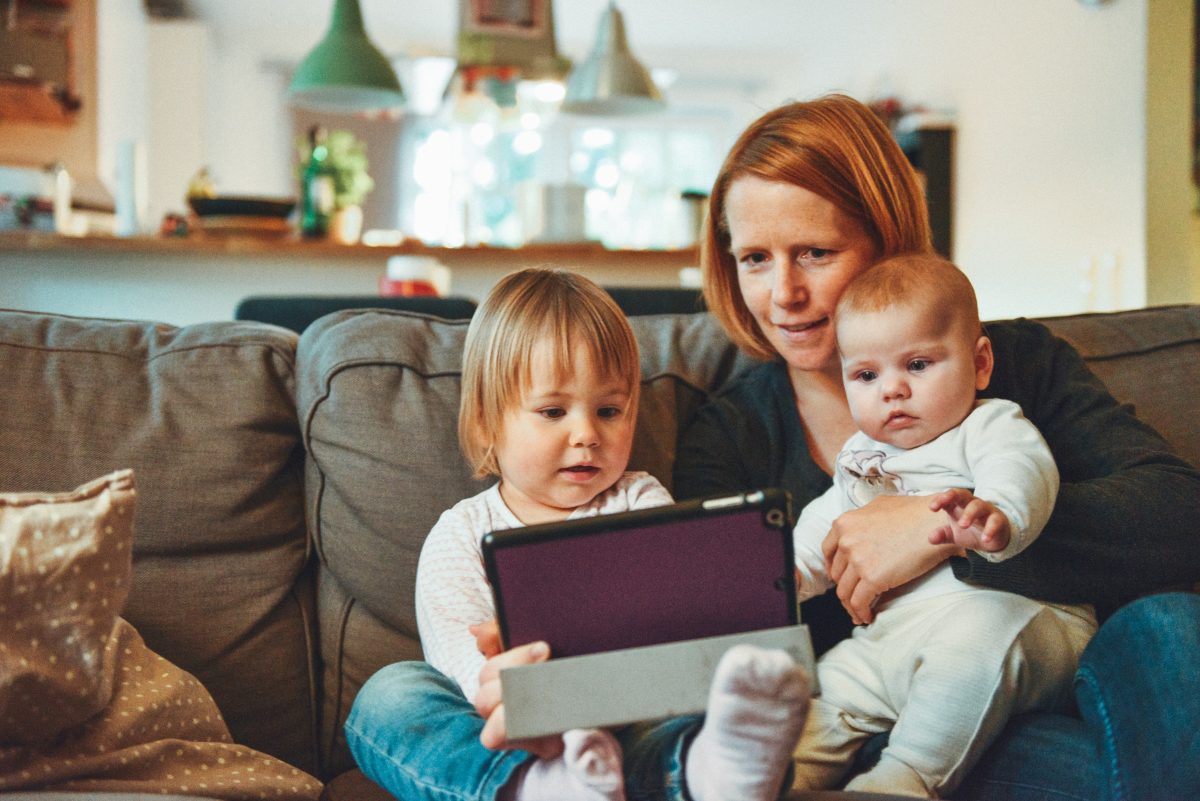
Social Isolation: Find Ways to Connect Now For Health’s Sake
Dr. Don Colbert – Whether you’re currently feeling lonely or not, we can all help each other by finding ways to connect now. If you suspect someone in your family, community, church, or other circle is feeling lonely, reach out. For your own sake, try connecting using our 5 ideas or others. As a society, our health and lives depend on it.
Everyone can feel alone from time to time. But these days, social isolation is forcing us to miss out on face-to-face connection with loved ones, friends, and community. What’s the cost? For some, isolation and being alone is okay. For others, it’s increasingly lonely, causing anxiety, stress, and depression. Here’s why we must find ways to connect now for ourselves or others, including 5 ideas to try today.
What Is Loneliness?
Loneliness isn’t necessarily being alone. Depending on the person, being alone can feel perfectly comfortable. They are content with the quiet and time by themselves.
Loneliness is more about feeling alone. It’s the discrepancy between a person’s preferred and actual social relations (1). The greater the discrepancy, it greater the risk of negative emotions and feelings of being alone and distressed (2).
Symptoms of clinical loneliness include:
- Feeling socially isolated, even when not physically alone
- Feeling alienated from others
- Not having close friends you trust
- Feeling like you’re not understood by others
- Lacking a connection with other people on an intimate level
- Lacking self-worth
These feelings can lead to many health risk and conditions due to fatigue, trouble sleeping, suppressed immune system, weight gain, inflammation, stress, and more.
It’s important to realize that loneliness can affect the young, old, and middle-aged, it can affect women and men, introverts and extroverts.
Loneliness and Health
Whether for your own health or others’, it’s vital that we find ways to connect now as a community in order to help anyone who may feel lonely.
Loneliness is connected to heart health, mental health, mortality, and other disease conditions.
Loneliness vs. Heart Disease
As we discussed at length in this post, researchers have found that loneliness and isolation can be as harmful for heart health as smoking 15 cigarettes per day and being obese.
The researchers found that those who did not feel lonely, with strong social relationships, had a 50% increase in survival despite their heart condition. This finding was consistent with other strong risk factors of premature death, including known cardiovascular risk factors (5).
Yet another study from Denmark found that heart health patients who were also lonely were about twice as likely to die from heart attacks and/or heart disease than those who were not lonely.
Loneliness and Mental Health
Other studies have focused on mental health.
Those who report feeling lonely in studies are about 3 times as likely to also suffer anxiety and depression with a poorer quality of life.
Loneliness is linked to increased suicide risk, poorer sleep, and less optimism.
Loneliness and Mortality
Study after study has shown that loneliness simply increases mortality. For example:
- It’s well-accepted from research that loneliness and increased blood pressure are linked in middle-aged and older adults. And, the risk increases with every year of age (6, 7).
- Young adults are affected by loneliness and health concerns as well. Researchers are now seeing elevated systolic blood pressure and increases in total peripheral resistance (TPR) in adults up to 40 years of age. The evidence shows this link in young adults who are lonely vs. those who are not (8, 9,).
- The prevalence of loneliness and its risk of premature death is high enough to warrant intervention (10).
- Chronic social isolation and loneliness increase the risk of premature death similar to known factors such as high blood pressure, smoking, and obesity (11).
Loneliness and Suicide
Interestingly, a study from the 1920s can help us today.
After the 1918 Spanish Flu Pandemic, researchers found in the rise in suicide rates during the subsequent years. This may have been the first real study to link forced social isolation with mental health and suicide. The unemployment rate that followed the social isolation likely also contributed to suicides. This is a risk we face today as well.
Since then, researchers have continued to study the link between social isolation, depression, mental health, physical health, and suicide.
Who’s Lonely?
No one is exempt from potentially loneliness and its health consequences, especially during our current social isolation.
Older adults may be at very high risk especially if they are not able to leave the house at all and are dependent on others for shopping.
Young kids may have a tough time understanding why they can’t interact with friends.
Single adults may be feeling a loss of connection due to work-at-home, unemployment, loss of social activities and more.
Even those in a family setting may feel alone without friend groups, exercise groups, work colleagues, and interaction outside their family unit.
Connection is the key. And while a virtual connection may not be as good as physical connection, it can still help us get by until we can be in close proximity again. For the sake of your health and others, it’s vital to find ways to connect right now.
5 Ways to Connect Now
- Virtual Church. Many Americans are dearly are missing their church connections. But for now, virtual church can fill the gap. If your home church has not been able to set up virtual church, look for another one online. Many churches are offering Sunday morning streaming, radio (and Internet radio) programming, and more.
- Phone calls and Face Time. For many Americans, it’s been a long time since we’ve enjoyed talking by phone or Face Time compared to a quick text message. But, hearing loved one’s voices and seeing their faces offers more of a connection than texts. So call someone you haven’t connected recently. Or, get a group of friends together at once on a free google meet-up or Zoom call.
- Old Fashioned Letters. Another sense of connection comes with seeing a loved one’s handwriting. A lot has been lost in modern culture with the lost art of writing letters. Take some time today to write a card or letter to a loved one. Start a new tradition of sending letters back and forth. Involve your kids and teach them the value of letter writing.
- Recipe Shares. One of the greatest gifts of connection God has given us is a shared meal. There is something magical about sitting down with loved ones, new friends, or even strangers, and sharing a meal. If this is a connection you miss, send out a text or email to a small group of friends asking for their favorite recipes. Then, make the ones that sound good. It will remind you of your friend and offer a reprieve from the boredom of the same meals over and over. One to share? Try Dr. Colbert’s Favorite Immune Boosting Dinner.
- Videos for Loved Ones: Recitals, Reading to Kids, and Dance Routines. Especially if you’re missing the small kids in your extended family, ask them to send videos of their newest yo-yo tricks, dance moves, favorite songs to sing or more. Kids typically can’t resist making and sending videos. Then, you can also video yourself reading a children’s book for them so they can receive your connection as well.
Bottom Line
Whether you’re currently feeling lonely or not, we can all help each other by finding ways to connect now. If you suspect someone in your family, community, church, or other circle is feeling lonely, reach out. For your own sake, try connecting using our 5 ideas or others. As a society, our health and lives depend on it.
In what ways are you connecting now?
To read the original article click here.
For more articles by Dr. Colbert click here.






